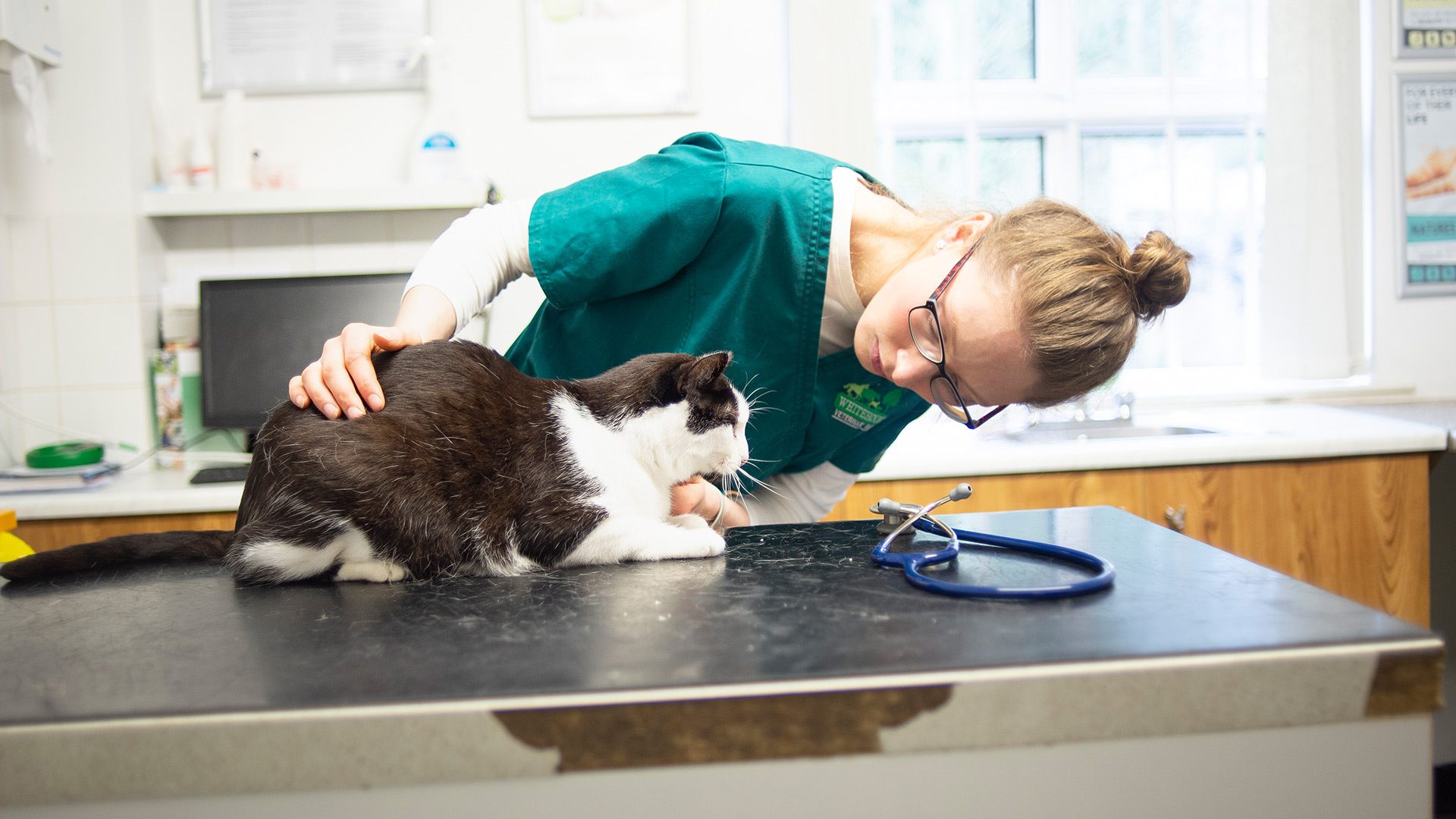
Between annual wellness visits to the veterinarian, your cat may be exposed to worms that can affect their health, and there are reliable online options when this occurs. If you find yourself in this situation, you can buy your cat worming products from Vet Products Direct.
How Does My Cat Get Worms?
Depending on whether your cat is an indoor pet, outdoor or both, there are a variety of ways cats can become infected with intestinal worms. Kittens can be born with worms if mom was infected during her pregnancy. Older cats are more likely to become infected from the environment or other animals. A cat with access to the outside may come in contact with the worm eggs in the soil, or if they are a hunter, they may catch wildlife who are infected with worms. By ingesting the infected prey, the cat becomes the new host for the parasite.
The Signs of Intestinal Worms
Symptoms of intestinal worms can vary based on the type of worm and the cat’s overall health. While some cats can carry worms without any symptoms, the most common signs include:
- Vomiting
- Diarrhea
- Weight loss
- Worms in the stool
The Types of Intestinal Worms
When you buy your cat worming products from Vet Products Direct, it is important to know what type of worm your cat may have. There are four common intestinal worms that can infect your cat. They include roundworms, hookworms, tapeworms and whipworms. Roundworms are commonly passed to kittens via the mom. When seen in the stool, roundworms are long and thin and resemble cooked spaghetti. Tapeworm eggs, on the other hand, look like grains of rice when in the feces. Cats become infected with tapeworms either by eating wildlife that is infected or by ingesting fleas that carry the tapeworm eggs. Hookworms and whipworms are not as common in cats, but infections with these worms can lead to more severe symptoms. While common signs of intestinal worms can occur, hookworms and whipworms can lead to bloody stool and anemia if there are high numbers of these worms inside the cat.
How Intestinal Worms are Diagnosed
While symptoms are a good starting point, a diagnosis of worms can be confirmed by a veterinarian performing a diagnostic test called a fecal exam. A fecal exam allows the veterinarian to see the type and number of eggs in a sample of feces so that the proper dewormer can be prescribed.
Prevention Methods for Intestinal Worms
Deworming is the prevention protocol recommended by veterinarians to keep your cat healthy. Whether the dewormer is a liquid, pill or topical, veterinarians recommend annual deworming with a fecal exam during wellness checks. At-home prevention of intestinal worms can include making sure a pregnant cat is dewormed so that kittens can be born worm-free, and if you take in any new pets, deworm them before they join your furry family.
By preventing infections with intestinal worms, you can make your cat healthier and happier, improving their overall quality of life.

